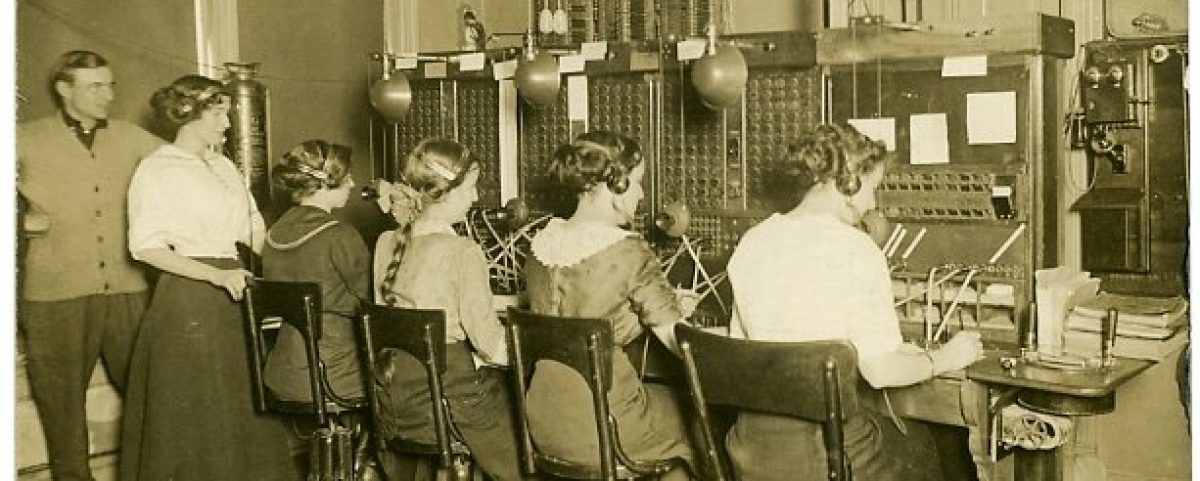
While studying the array of officials who made up New Jersey’s 19th-century criminal justice system, I often pore over aging coroner’s reports, trial transcripts, and police blotters. While doing that in South Jersey, I came across an unsettling Salem County Cold Case, the murder of Abigail Dilks in 1874.
From the beginning, the mystifying case stumped 19th-century lawmen and prosecutors. They swept the fields and marsh for evidence and interrogated the “usual types,” but the investigators failed to find a motive. Also, no one provided even the slightest information that might lead to a credible suspect, so the killer escaped.
The questions that stumped law enforcement lingered for decades, but those faded as one generation gave way to another. Still, the coroner’s verdict remains in the aging book of inquests at the Salem County Clerk’s Office. Abigail Dilks died at the hands of an unknown person in a lonely area of Lower Penns Neck near Harrisonville nearly 150 years ago.
Since true crime stories and unsolved mysteries are popular these days, I wrote a piece about this horrendous murder for the summer 2022 edition of the quarterly newsletter of the Salem County Historical Society. The case had mostly been lost in the recorded histories and written records of Salem County.



